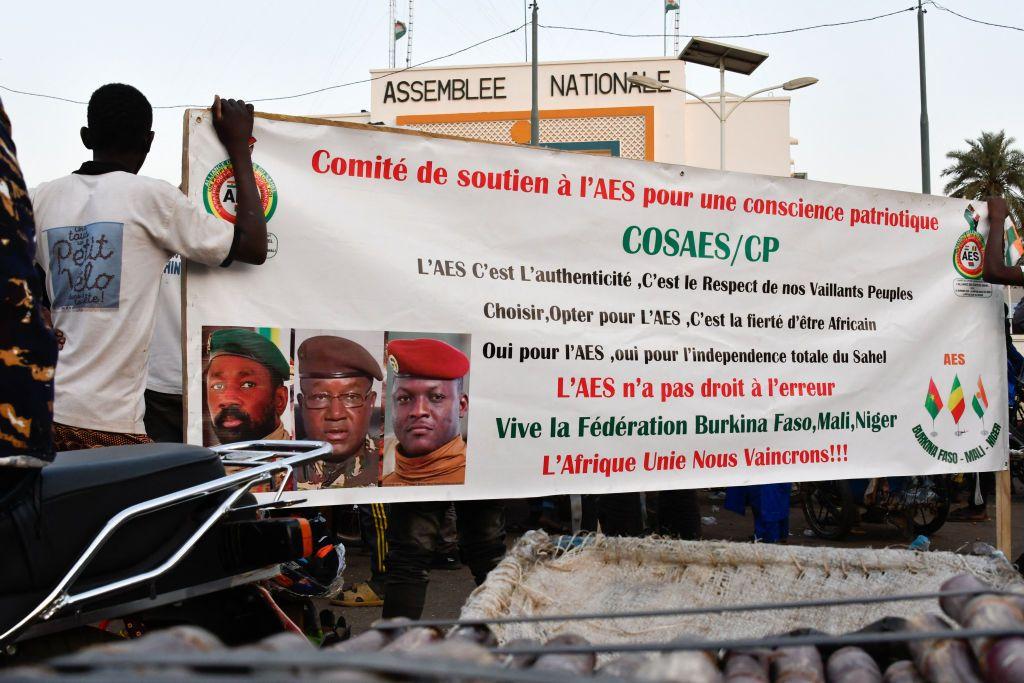Tony Rinaudo Wins Peace Prize for Regenerative Agriculture Work in Niger
Tony Rinaudo, an agronomist from Gippsland and principal climate advisor at World Vision, has been awarded the 2025 Luxembourg Peace Prize for Outstanding Environmental Peace for his development of farmer-managed natural regeneration (FMNR). This innovative technique, developed in Niger, has revitalized barren land and provided food security for millions.
The Dire Landscape and a Vision for Change
In the 1980s, Rinaudo moved to Niger with his wife and was confronted with a landscape ravaged by deforestation. Generations of land clearing had left the soil infertile, making it difficult for farmers to grow crops. However, Rinaudo saw potential where others saw only barrenness, believing that restoring trees could combat the degradation.
He observed that trees improve soil health, protect crops from wind, and provide fodder and shelter for livestock, vital resources in the harsh climate. His early life in rural Myrtleford, Victoria, had instilled in him a deep understanding of agriculture.
The Discovery of a Lifeline
Rinaudo's breakthrough came unexpectedly. While delivering seedlings, he noticed a seemingly "useless bush" and realized it was a tree sprouting from a concealed stump. This observation led him to focus on regenerating the growth of felled trees, effectively addressing the issues caused by deforestation. "That changed everything," he said, marking the start of FMNR.
He explained that by using trees, producers could naturally restore biodiversity, providing crucial weather protection, soil nutrients, and life back to degraded landscapes. The technique involves managing the regrowth of existing tree stumps and roots, rather than planting new trees.
The Power of Regenerative Agriculture
Regenerative agriculture is a farming practice that works in harmony with natural systems, enhancing biodiversity, rotating stock, and improving soil function. This approach has gained traction in Australia as farmers face increasingly dynamic climatic conditions. Rinaudo emphasizes that while integrating trees is valuable, the implementation must be tailored to the specific context of each farm.
"I'm not saying overrun your farm with trees," he said. "In [the Australian] context, we have heavy machinery, we have high labour costs, but there are ways of integrating this with conventional farming in Australia."
Impact and Global Significance
Over two decades, Rinaudo's FMNR technique has expanded across 5 million hectares in Niger, regenerating 200 million trees. This has added an estimated $US900 million annually to the country's agricultural output. Despite Niger being one of the world's poorest countries, the impact of FMNR has been substantial. Farmers are now producing an additional 500,000 tonnes of grain each year, enough to feed two-and-a-half million people.
Peace From the Ground Up
Grant Bayldon, interim chief executive of World Vision Australia, praised Rinaudo's groundbreaking work, which has restored degraded land and empowered communities. The method builds resilience, dignity and peace from the ground up. Rinaudo believes that food security fosters stability and reduces conflict.
According to Rinaudo, creating stable food sources provides stability throughout communities, resulting in greater peace. "When you degrade landscapes and there's a shortage of food, fuel, fodder and water, there's more competition for those scarce resources, and more likelihood that conflict will arise as you restore the environment," he said.
Rinaudo expressed his honor at receiving the Luxembourg Peace Prize, emphasizing that it recognizes the efforts of millions of smallholder farmers who took a chance on his method and restored their land. "It highlights the incredible work of millions of smallholder farmers, who took this risk with this crazy white guy, and restored their land," he said. "It's a tribute to them."
 Visit the website
Visit the website






